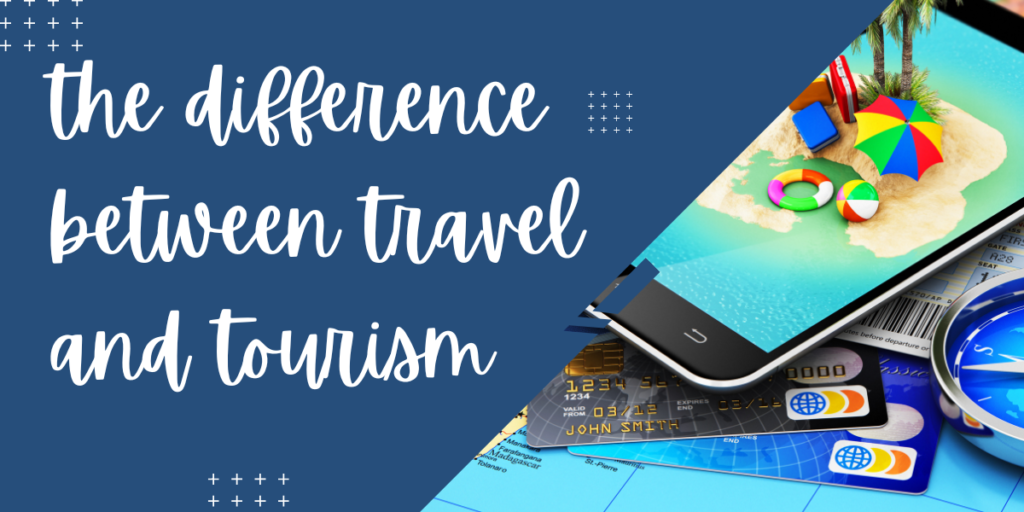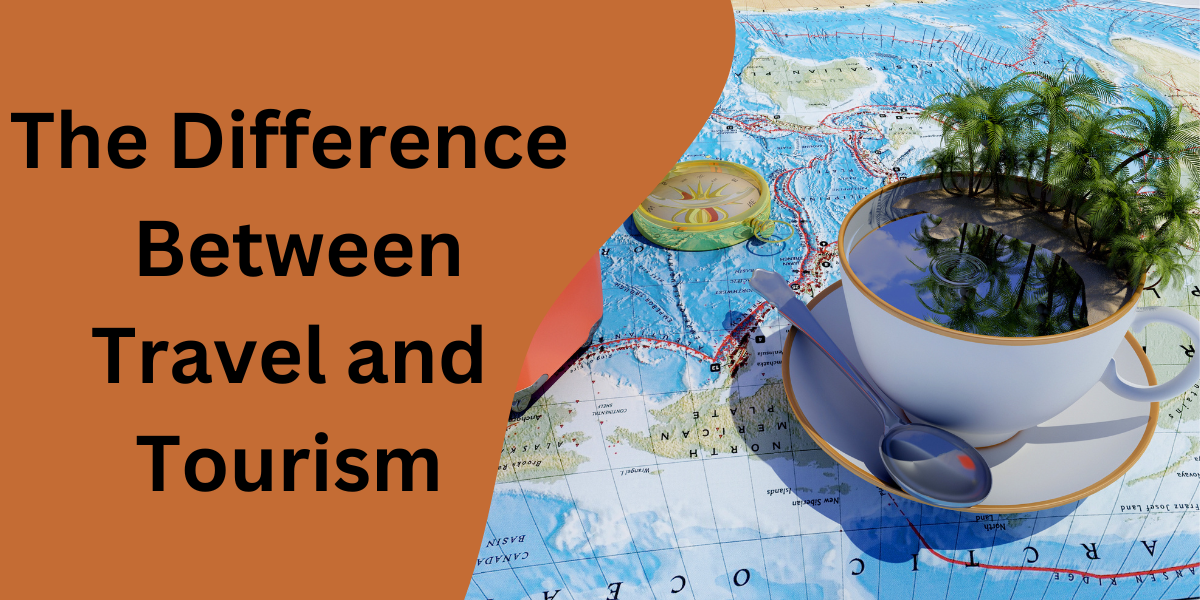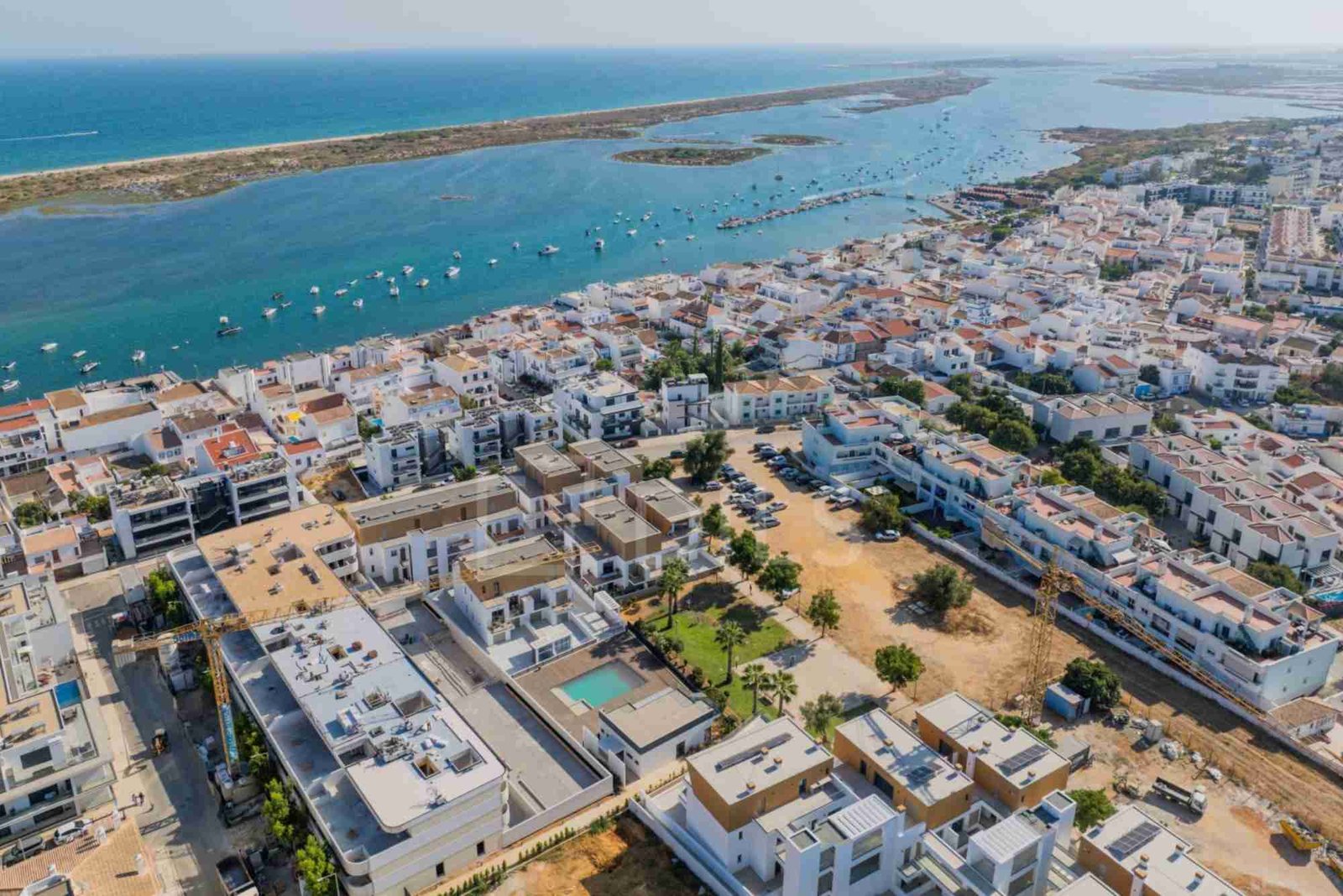The Difference Between Travel And Tourism
Meta Description: While often used interchangeably, travel and tourism differ. This article delves into these distinctions, providing insights into what sets the two apart.
Introduction
Travel and tourism are often thought of as being the same thing, but they are, in fact, distinct concepts. While both involve journeys to destinations outside of one’s normal routine, the nature and purpose of these journeys can differ significantly. Understanding the differences The Difference Between Travel And Tourism can inform planning and decision-making in personal and professional contexts. In this article, we will explore the distinctions between these two concepts and the implications of these differences.
Travel vs. Tourism: What’s the Difference?
The key difference between travel and tourism is the intention behind the journey. Travel is a broad term for any journey taken for exploration, adventure, or personal enrichment. The focus of travel is on the experience of the journey itself rather than on any specific destination. Travelers may visit new places to learn about different cultures, meet new people, or escape the monotony of everyday life.
Tourism, on the other hand, is more focused on the destination than the journey. The Difference Between Travel And Tourism The primary purpose of tourism is to visit a specific location for leisure or recreation. The goal is to enjoy the sights, sounds, and experiences that the destination offers rather than to travel simply for the sake of traveling. While tourism may involve some of the same activities as travel, such as exploring new cultures or meeting new people, the ultimate aim is to experience the specific attractions of a particular place.

Implications of the Differences
Understanding the differences between travel and tourism has several implications for individuals, businesses, and policymakers. For individuals, it can help inform decisions about where to go, what to do, and how to get there. Those interested in a more immersive and exploratory experience may choose to travel, while those seeking a more curated and structured experience may opt for tourism.
For businesses in the travel and tourism industry, the distinction between travel and tourism can help guide marketing and product development strategies The Difference Between Travel And Tourism. Companies that focus on travel may emphasize their offerings’ experiential and transformative aspects, while those that focus on tourism may highlight the attractions and amenities of specific destinations. Understanding these differences can also help businesses tailor their products and services to the needs and preferences of different travelers.
Finally, policymakers can use an understanding of the differences between travel and tourism to inform decisions about infrastructure and resource allocation. For example, areas that are popular tourist destinations may need to invest in additional infrastructure to accommodate the needs of visitors. In contrast, areas that are popular with travelers may require different types of support, such as resources for ecotourism or adventure travel.
Conclusion
In conclusion, travel and tourism are distinct concepts that involve different intentions and goals. The Difference Between Travel And Tourism While travel is focused on the experience of the journey itself, tourism is focused on the attractions and experiences of a specific destination. Understanding these differences can help individuals, businesses, and policymakers to make informed decisions about where to go, what to do, and how to get there. Whether you are a traveler or a tourist, taking the time to understand these distinctions can enhance your overall experience and enjoyment of your journey.












